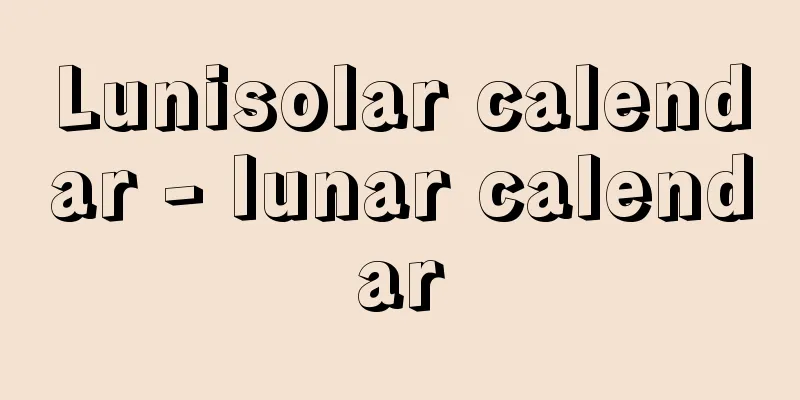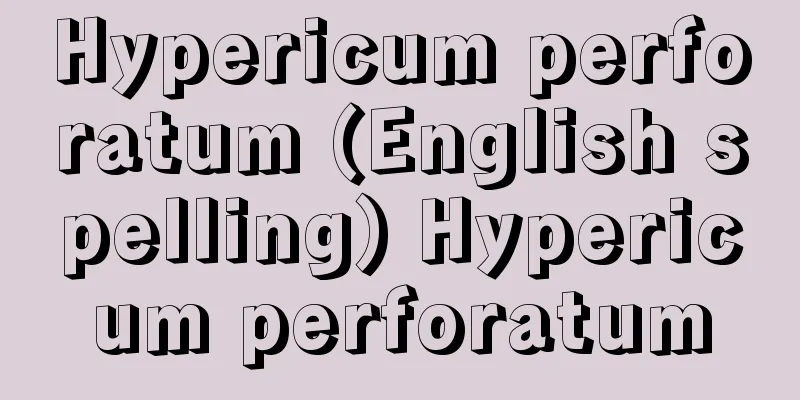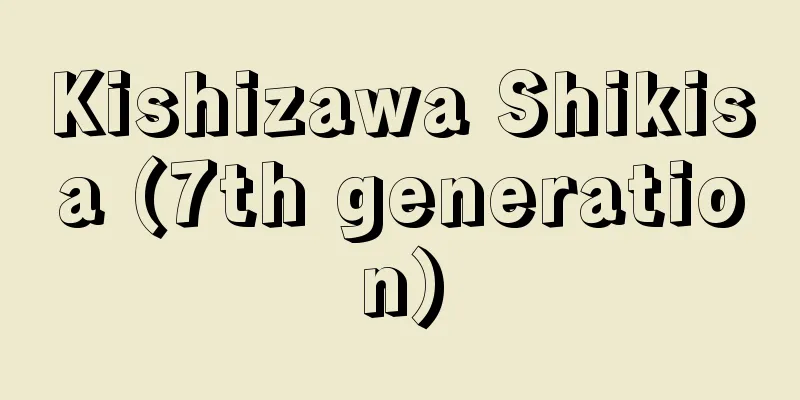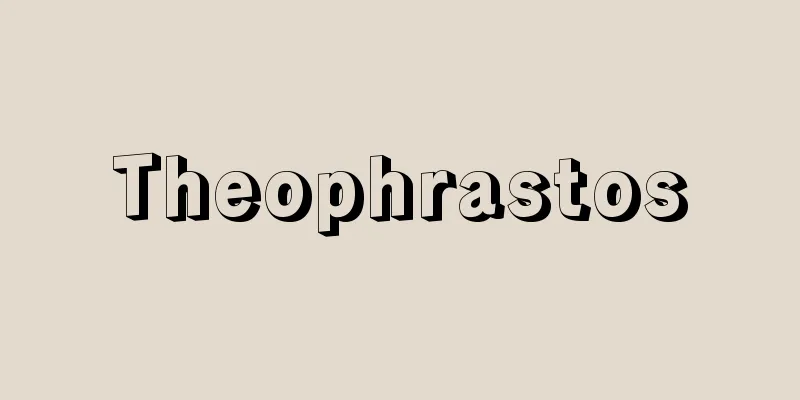Great Russianism
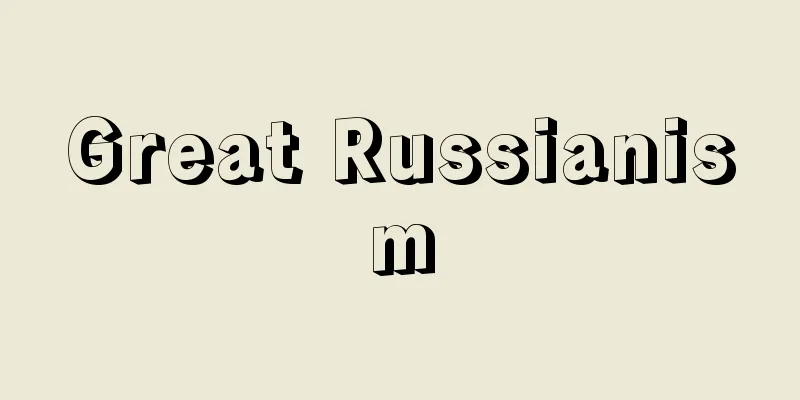
|
There is no sophisticated or systematic ideology regarding the privileged position that Russians have over other peoples, especially the non-Russian peoples of the Russian Empire, the Soviet Union, and the Russian Federation. Greater Russification was almost inevitable, as the Russian Empire was formed as an empire with a vast landmass of colonies. In terms of governance, it was most clearly expressed in the form of Russification. Russification included various aspects such as colonialism, which aimed to increase the Russian element in certain areas by sending large numbers of Russian immigrants, the imposition of the Russian language, and forced Christianization. Source: Heibonsha World Encyclopedia, 2nd Edition Information |
|
ロシア人が他の民族,とりわけロシア帝国ないしはソ連邦,ロシア連邦の非ロシア人諸民族に対してとる特権的な立場をさすが,洗練され体系化された思想があるわけではない。大ロシア主義は,ロシア帝国が膨大な陸続きの植民地をもつ帝国として形成されたことからほとんど必然的に生まれてきた。それは統治政策の面ではロシア化政策という形でもっとも明瞭に示された。ロシア化政策には,ロシア人の移民を多数送りこんで,ある地域のロシア的要素を高めていく植民政策やロシア語の強制,あるいは強制的なキリスト教化といったさまざまの面が含まれていた。
出典 株式会社平凡社世界大百科事典 第2版について 情報 |
Recommend
Shin no Mihashira - Shin no Mihashira
A pillar erected in the center under the floor of ...
Aid Conditions Relaxation Index
…When developed countries provide aid to developi...
Amorphous solid - Amorphous
In a crystal, atoms (or molecules) are arranged in...
Gyro-stabilizer
...However, active systems require control device...
Submarine chaser (English spelling)
A small anti-submarine vessel with a displacement...
Salute Stage - Kyouraidan
...This is a memorial service in which sutras are...
Brown Peacock - Brown Peacock
...General term for birds of the Polyplectron gen...
Nierembegia rivularis (English spelling) Nierembegia rivularis
… [Munemin Yanagi]. … *Some of the terminology th...
Beomeosa Temple
A temple in Busan Metropolitan City, South Korea....
Sakado clan
A medieval warrior of Kawachi who called himself t...
Stellaria aquatica
A perennial plant of the Caryophyllaceae family fo...
Nangai [village] - Nangai
A village in Senboku District, central Akita Prefe...
Digenis Akritas
A medieval Greek heroic epic. The first part of th...
Edentates - hinshirui (English spelling)
A general term for animals belonging to the order...
Papal Secretariat - Papal Secretariat
… [History] The Holy See originally consisted of ...




